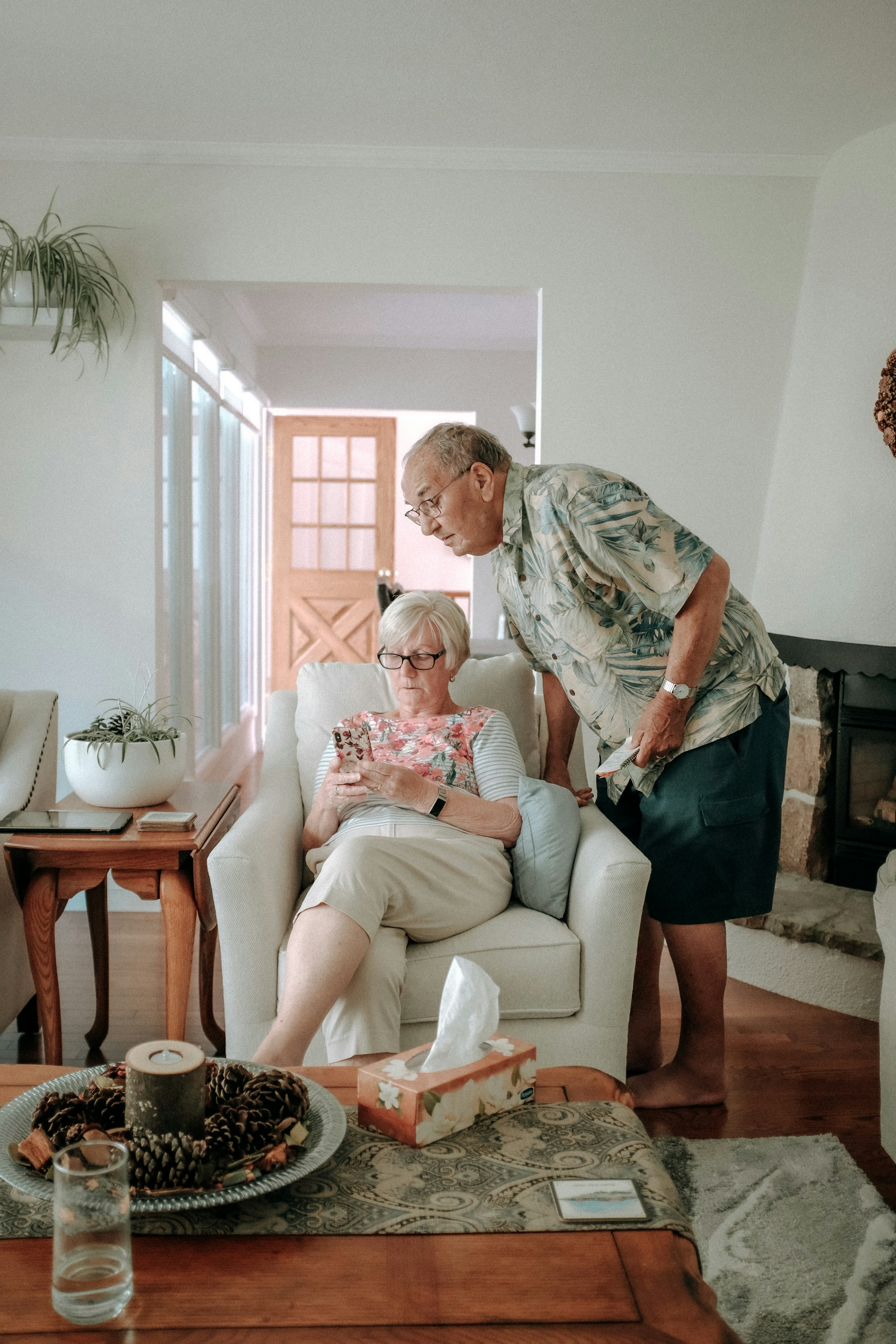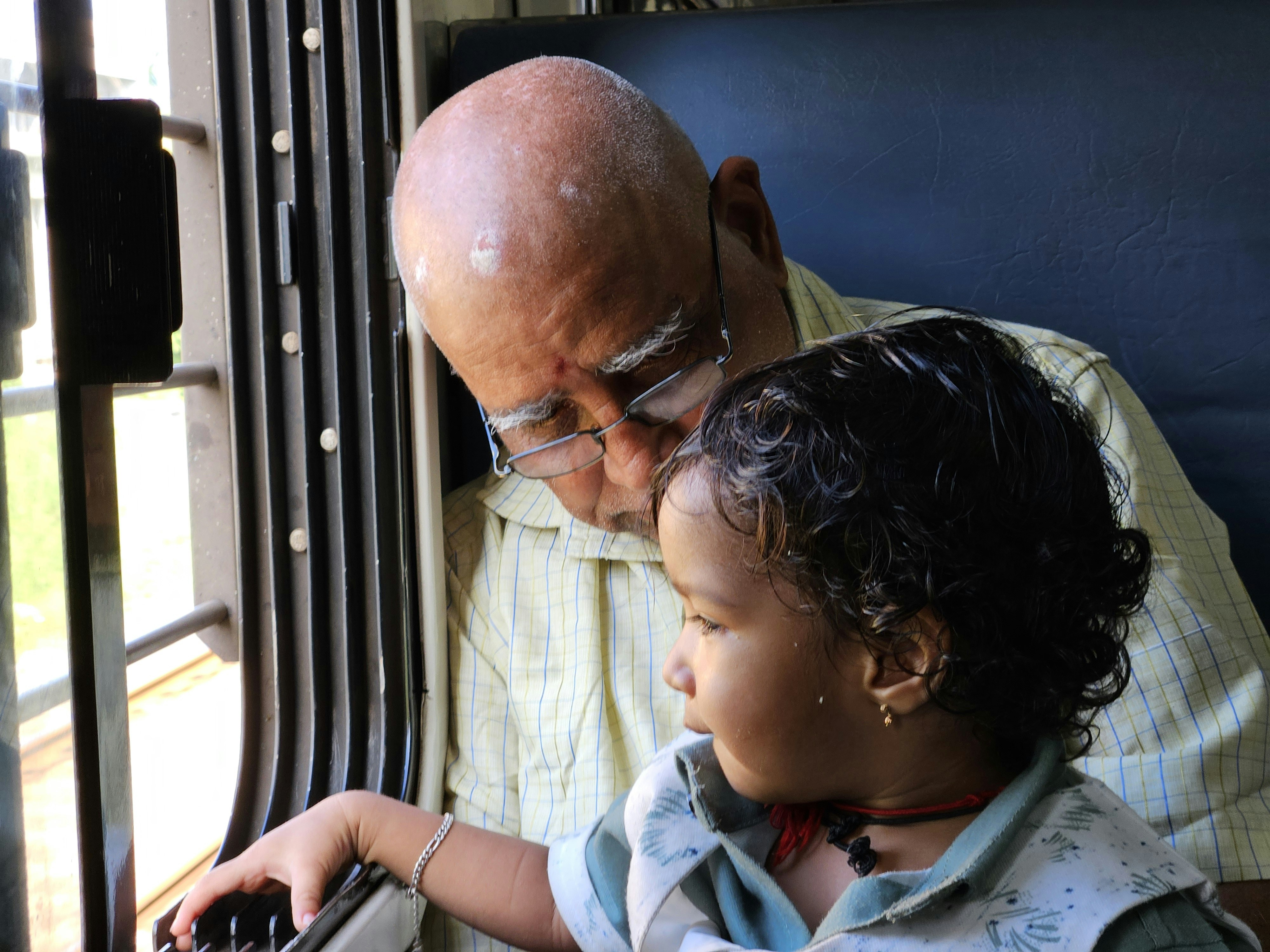Individuals who dedicate their lives to caring for family members with cognitive decline are themselves at significantly higher risk for developing the very condition they're fighting against.1 Using 2021-2022 data from 47 U.S. states, researchers found that nearly 60% of dementia caregivers report having at least one modifiable risk factor that could increase their own chances of developing dementia, compared to 56% of all adults¹. Even more concerning, nearly one in four dementia caregivers (24.3%) have multiple risk factors, compared to 21.3% of the general population.¹

The study, conducted by the Public Health Center of Excellence on Dementia Risk Reduction, found that dementia caregivers were significantly more likely to experience five of the six key modifiable risk factors examined.¹ They were 30% more likely to smoke, 27% more likely to have hypertension, and 21% more likely to experience poor sleep compared to the overall population.¹ Additionally, caregivers showed 12% higher rates of diabetes and 8% higher rates of obesity.¹ The disparities were most pronounced among younger caregivers under 45, who were 40% more likely to have multiple risk factors and a staggering 86% more likely to smoke than their age-matched peers.¹ This demographic vulnerability suggests that the caregiving burden is creating a cascade of health risks that could perpetuate cognitive decline across generations.

The New York Times has increasingly covered the intersection of lifestyle interventions and brain health, with recent articles reflecting cautious optimism about prevention strategies.² A July 2025 Times piece highlighted how a comprehensive approach combining exercise, healthy diet, and computer-based cognitive training showed promise in protecting brain function, noting that such interventions provided "cognitive benefits" for at-risk populations.² However, the Times suggests maintaining measured expectations regarding brain training specifically, as research on whether specific brain-stimulating activities can independently affect memory loss remains limited.³ The Times emphasizes that neurologists recommend focusing on multiple lifestyle factors rather than singular approaches for brain health.⁴

Given these alarming statistics about caregiver vulnerability, targeted cognitive interventions may offer particular value for this at-risk population. Recent research suggests that structured brain training programs could provide caregivers with practical tools for cognitive self-preservation while they care for others. The landmark ACTIVE study demonstrated that speed of processing training reduced dementia risk by 29% over 10 years,⁵ while newer research shows that caregiver-provided cognitive interventions benefit both care recipients and caregivers themselves.⁶ Multi-domain approaches integrating cognitive exercises with physical activity have shown promise in comprehensive brain health programs.² For caregivers caught in the exhausting cycle of neglecting their own health while caring for others, evidence-based cognitive training could offer a manageable pathway to actively protect their cognitive future, thus transforming the caregiver paradox into an opportunity for parallel healing and protection.
¹ Risk Factors for Cognitive Decline Among Dementia Caregivers
² Healthy Lifestyle Can Help People at Risk for Dementia, Study Finds
³ Will Stimulating My Brain as I Age Keep It Sharp?
⁴ 10 Small Things Neurologists Wish You’d Do for Your Brain
⁵ Researchers identify first brain training exercise positively linked to dementia prevention
